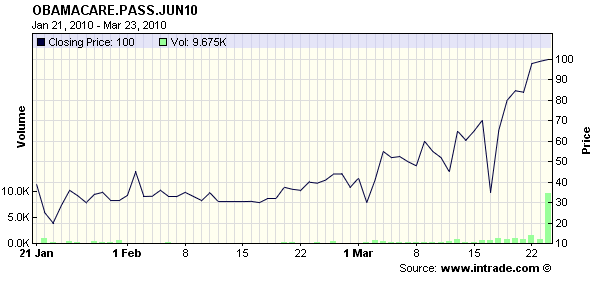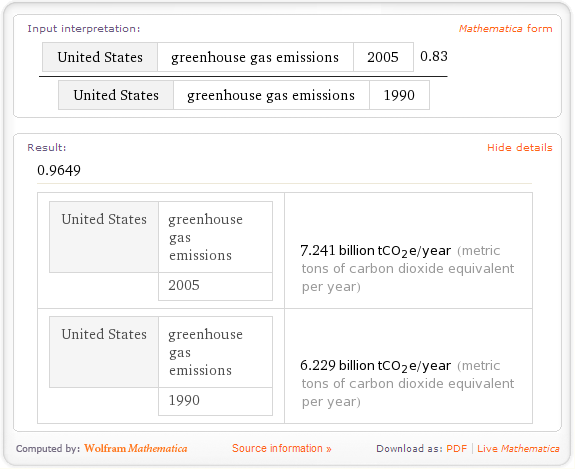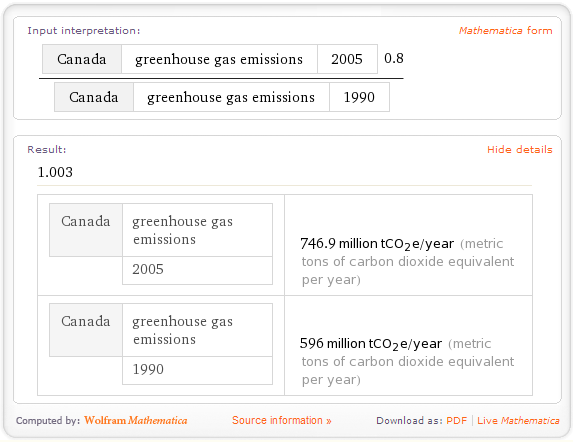Lincoln & Hamlin in ’60
Seen from a distance, some political periods and personalities appear heroically altruistic. Seen up close, they probably all seem petty and egoistic.
![[Presidential campaign button with portraits of Abraham Lincoln and Hannibal Hamlin] (LOC) [Presidential campaign button with portraits of Abraham Lincoln and Hannibal Hamlin] (LOC)](http://hughstimson.org/wp/wp-content/uploads/2010/12/3253744148_892263cdb0_o_640.jpg)
“Presidential campaign button with portraits of Abraham Lincoln and Hannibal Hamlin” — Library of Congress
This slightly dorky campaign button is one I wouldn’t mind affixing to my lapel. I just need to a find a contemporary one as likely to endure.



